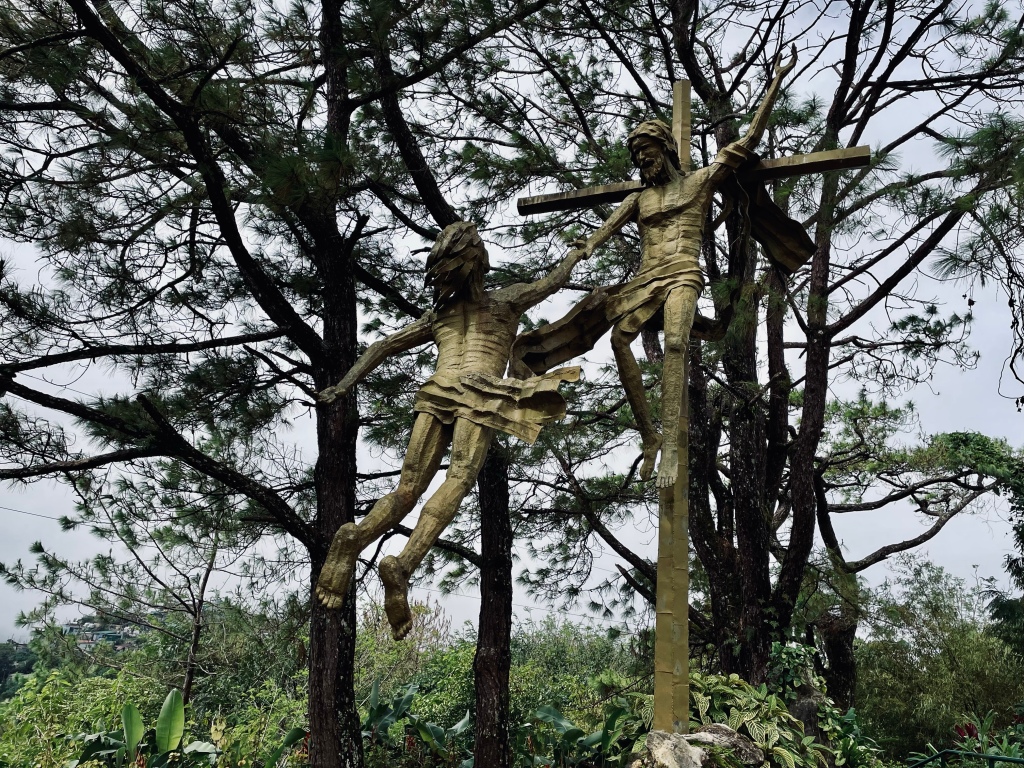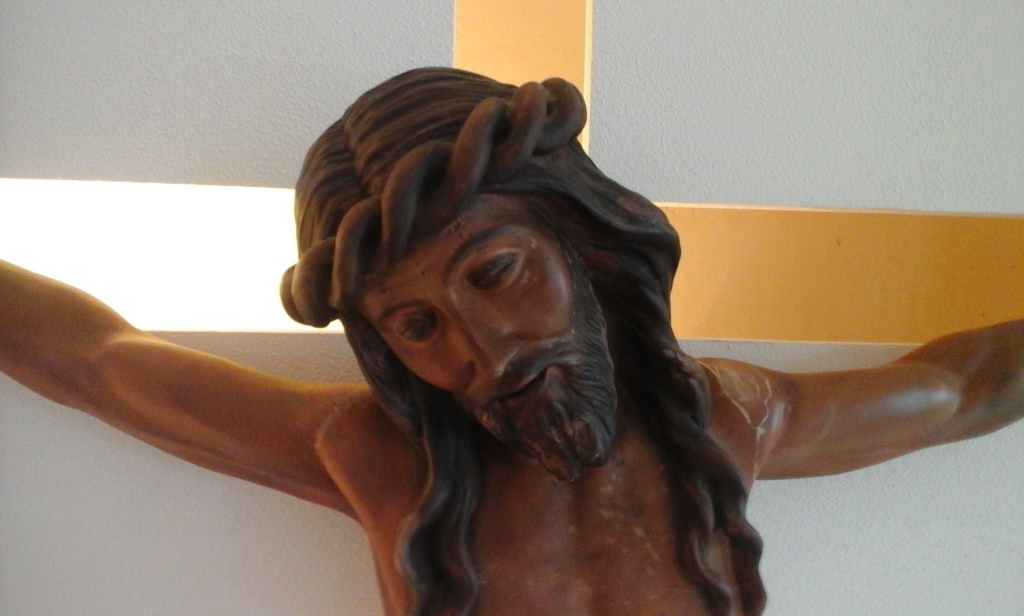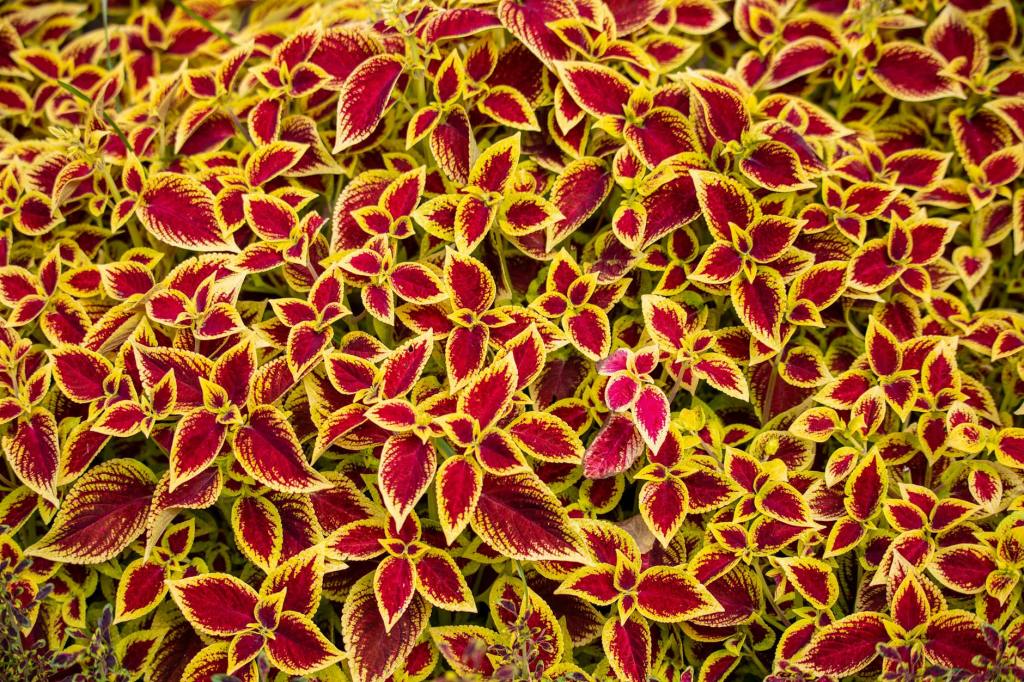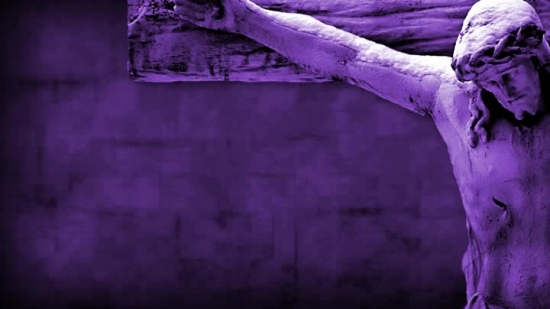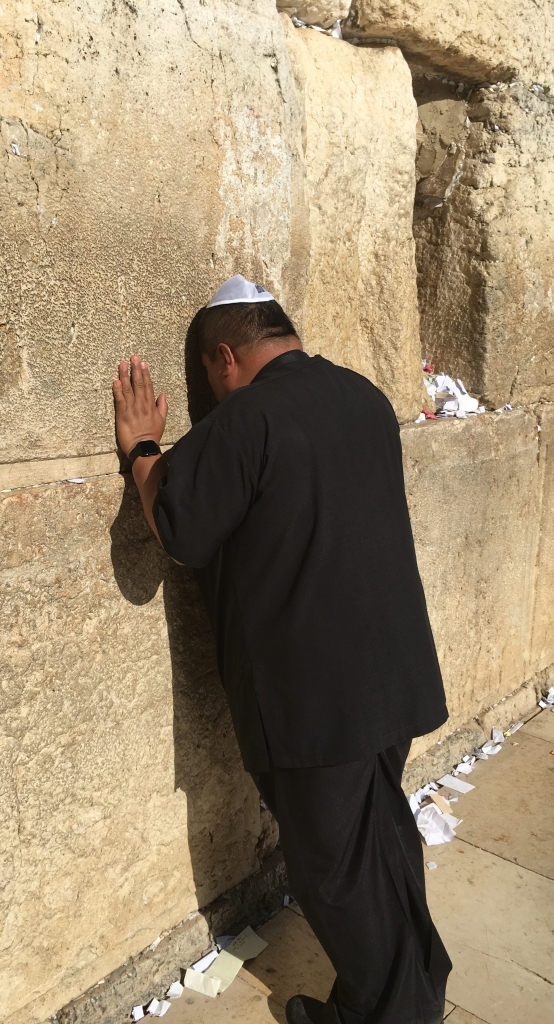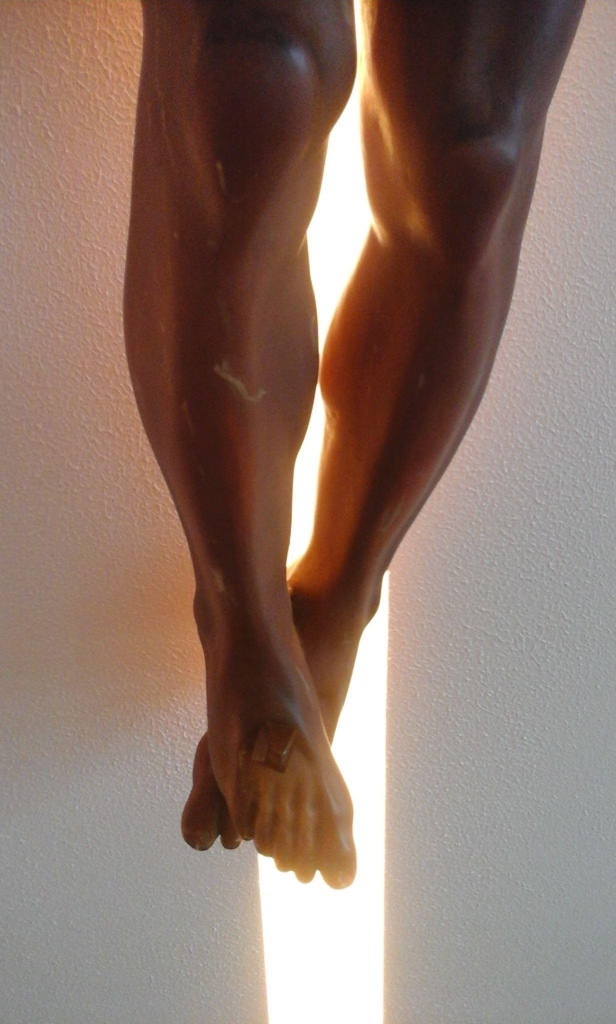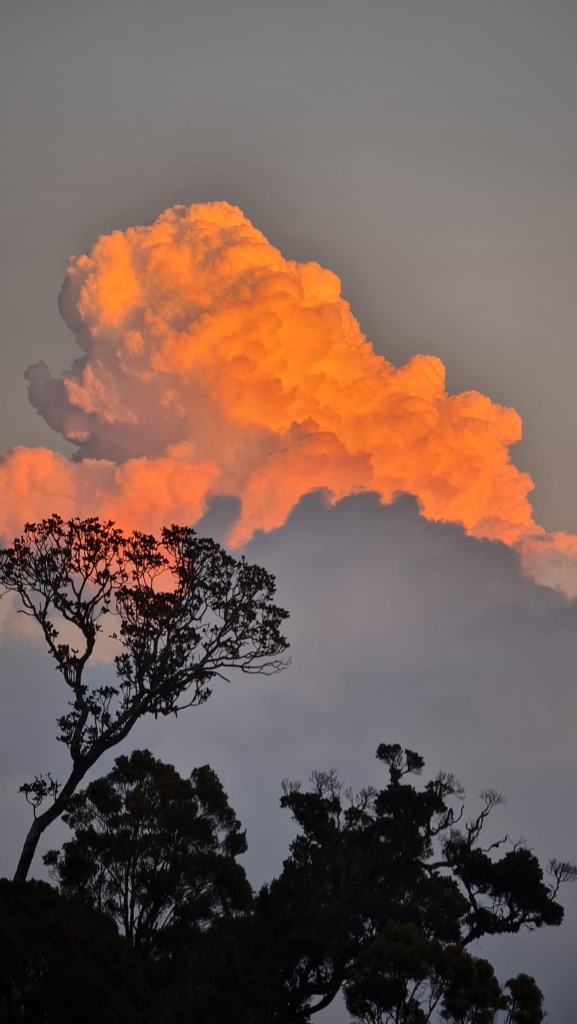The Lord Is My Chef Holy Thursday Recipe, 28 March 2024
Exodus 12:1-8, 11-14 > + < 1 Corinthians 11:23-26 > + < John 13:1-15

Tonight we start the Easter Triduum – the three holy days of the Passion, Death, and Resurrection of Jesus Christ with the Mass of the Lord’s Supper and Washing of the Feet.
In our Mass tonight, there will be no dismissal after Holy Communion that is immediately followed by a short procession inside the church of the Blessed Sacrament to its repository that will be the focus of “Visita Iglesia” (not Stations of the Cross) when people “visit” at least seven churches to pray to the Divine Presence of Jesus. Tomorrow in most parishes is the “via Crucis” or Way of the Cross then in the afternoon after the Veneration of the Holy Cross is the Procession of the Burial of the Lord.
See how on these most holy days of the year, much of our activities involve a lot of walking – and rightly so because Jesus Christ was always walking even to His Crucifixion and after Resurrection.
Hence, on the night He was betrayed after Supper, He washed the feet of His disciples including us today because He had also known how difficult and tiring it is to always walk in this life.
“…fully aware that the Father had put everything into his power and that he had come from God and was returning to God, he rose from supper and took off his outer garments. He took a towel and tied it around his waist. Then he poured water into a basin and began to wash the disciples’ feet and dry them with the towel around his waist.”
John 13:3-5
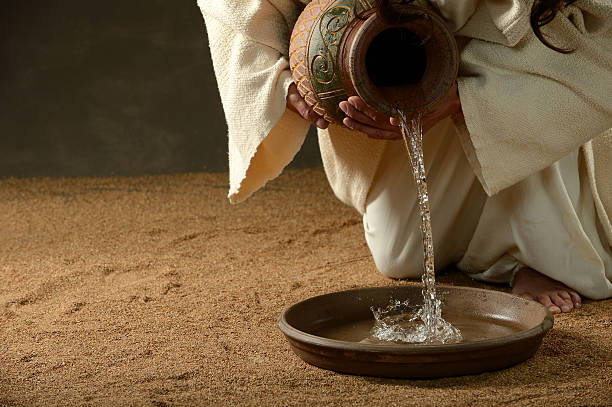
More than reenacting the washing of the feet, tonight we are reminded by Jesus of the journey ahead to his Crucifixion when – with apologies to Robert Frost – we still have to walk “miles to go before we sleep” by choosing the road less travelled “that made the difference.”
And here lies the problem of our time: with the advancement of technology, our modes of transportation like communication have greatly affected our relationships with others, for better and for worse. From being peripatetic persons, we have become more accustomed to riding, of getting fast and effortless to our destination that we no longer walk that much unlike before that has affected even our relationships with one another. How can we continue the work of Jesus when we no longer walk that much?

Observe how it has become so difficult to ask for directions these days because nobody is walking anymore. Most of us are ensconced in our own vehicles that have become our own little world and tiny universe every time we travel even if it were just a “walking distance”. Aside from breaking apart from the rest of humanity, we have also become very impersonal in the sense that we now rely more with Google maps and other travel apps than with the ordinary “man on the street.” Worst, we rarely touch the ground with our bare feet that if ever we would walk, it has been relegated to mere physical fitness often done alone with earphones as companions. We have not only grown apart from others but have also lost touch with earth because we no longer walk that much like Jesus and His disciples.
Two weeks ago during my retreat, I walked around the vast grounds and mini-forests of the Sacred Heart Novitiate in Novaliches when I realized that priesthood is peripatetic in nature because it is a ministry that walks to reach out, search for the missing sheep as per instruction of the Lord. Jesus even added that in fulfilling our mission, we must carry nothing when we walk except a staff and sandals.

Moreover, priesthood is a ministry of being companions as shepherds in the journey of the people. That is why Jesus is our Good Shepherd because He is the One who truly journeys with us in this life. He is the One who continues to walk with us in our many ups and downs, in the many dusty trails and harsh realities of life that no gadget or wealth or media platform could bring comfort and security to any weary traveler.
It is only in walking when we could truly journey with others in life to converse with them and listen to their doubts and frustrations like the two disciples walking back to Emmaus three days after Good Friday. It is only in walking can we truly meet the sick, the orphaned and the widowed, the blind and the lame, the sinners and the misfits the world had left behind or pushed onto the margins of the society, far from our superhighways.
Most of all, when we walk we touch ground, we feel the earth called “humus” in Latin, the origin of the words human and humility. Could it be that we have become less humble today partly because of our refusal to walk more often?
Forgive us your priests when we have refused to walk with you especially when you are troubled and lost. Forgive us your priests as we have ceased to be like Jesus who walked most of the time because we have been so obsessed riding and travelling most of the time in our cars and SUV’s as well as mountain bikes and big bikes that have insulated us from your cries and anguish. We have not only lost the art of walking but have totally forgotten about walking the extra mile to pray and commune with our Lord and Master Jesus Christ found among the poor and the sick, the marginalized peoples forgotten in our upwardly, mobile society.

We always hear the expression “life is a journey.” Our first reading tonight attested to this reality when God reminded the chosen people preparing for exodus from Egypt “to eat and dress like those who are in flight”(Ex.12:11).
The original concept of the restaurant is not just a place where people stop to eat during a long journey. Restaurants were truly “rest stops” where travelers could rest their feet by soaking them in warm water so that they could travel again to reach their destination.
The Holy Eucharist is a “sacred restaurant” where we eat and drink the Body and Blood of Christ who nourishes us in our life journey. Most of all, in the Eucharist and Sacrament of Reconciliation, Jesus continues to wash our feet to cleanse us from our sins and burdens to make this journey of life lighter and easier. When we receive Him in the Holy Communion, we make Him our “companion” in life filled with darkness and pains, uncertainties and lack of direction. The word companion literally means “someone you break bread with” – a beautiful picture of the Eucharist described to us by St. Paul in the second reading.

In washing the feet of His disciples, Jesus Christ showed us in His humble gesture that He is indeed our Savior who went down so low even unto death on the Cross to express His immense love and mercy for each of us. Everything that transpired on the night He was betrayed prefigured the events of Good Friday which we make present every time we celebrate the Eucharist that is summed up in loving service for one another.
Do we still walk? And if we walk, who is our companion, the one we break bread with? Likewise, do we walk our talk of our faith?
May we never leave behind Jesus among our family and friends as we walk through this life. A blessed Holy Thursday to everyone. Amen.





